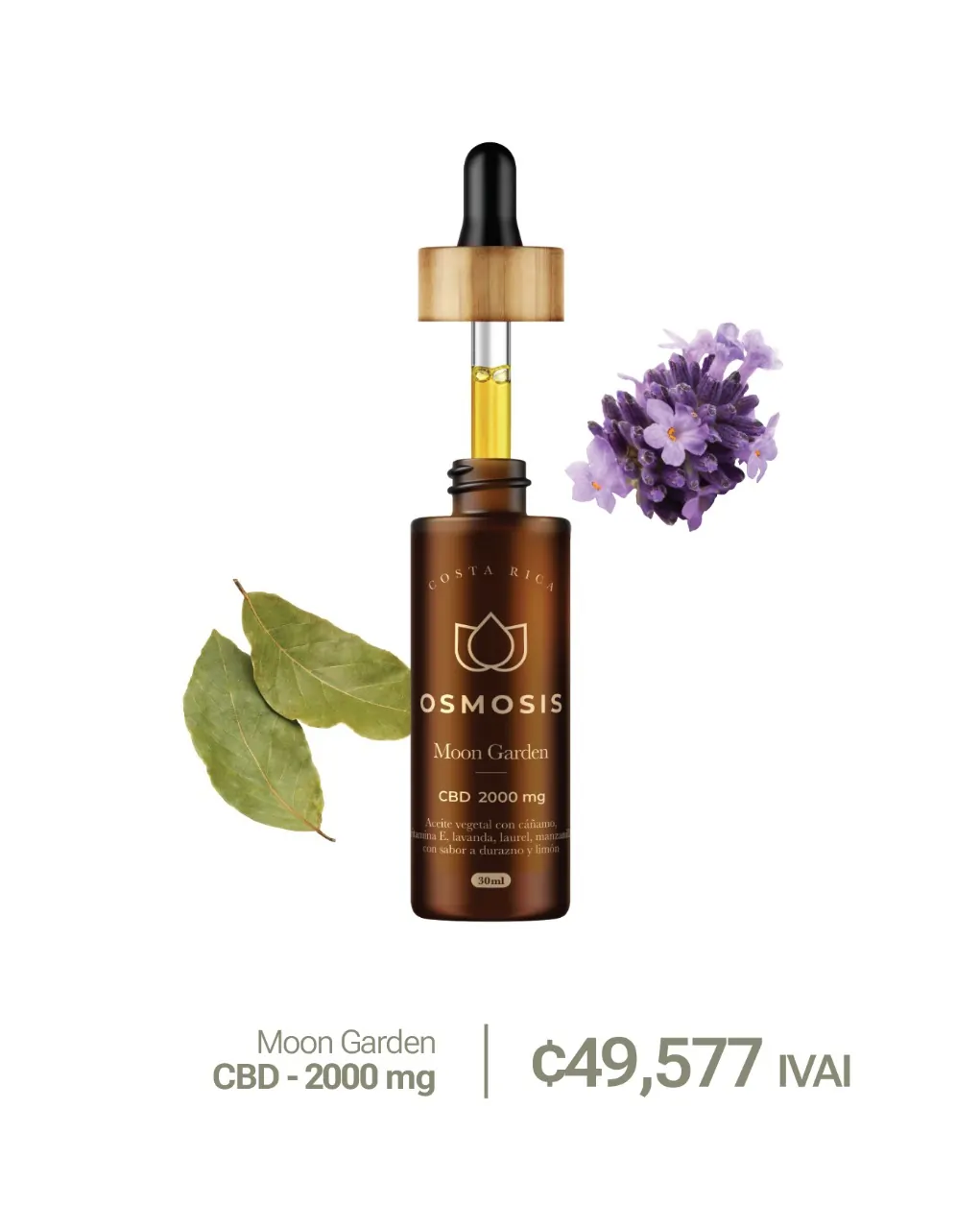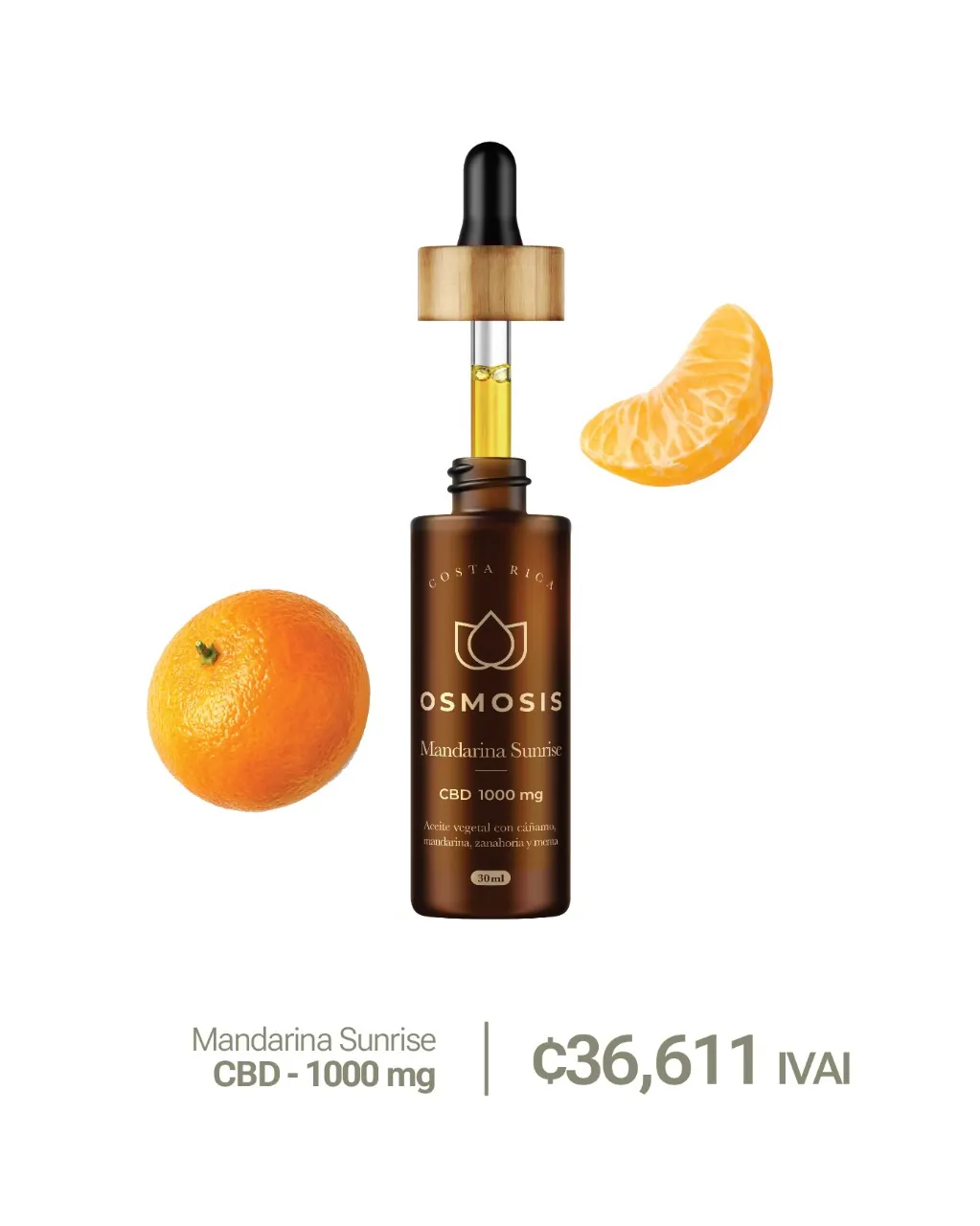Two new studies found that certain cannabinoids can eliminate the growth of cancerous colorectal cells in humans.
The cannabinoids that showed these results were cannabidiol (CBD), cannabidivarin (CBDV), cannabigeravin (CBGV), cannabigerol (CBG), cannabicyclol (CBL).
The component Tetrahydrocannabinol (THC) was not included in these studies due to current regulations and impediments to study this component, as well as its administration and use is not yet legally permitted.
In cannabis science it has been shown that there is an element called the “entourage effect”, which is generally identified by the synergy between CBD and THC. This activation of Endocannabinoid System (ECS) receptors improves the performance of these molecules in the body.
According to the first study conducted in the United States, Israel and the United Kingdom, the combination of these other cannabinoids such as CBD, CBG and CBL work together in a similar way to the entourage effect and can generate an “anti-proliferative” effect of these cells.
One of the studies indicates that the entourage effect of cannabinoids and in combination with mushroom extracts together could reduce the amounts of cancer cells.
This has been investigated in a drug developed by a pharmaceutical company which claims that the combination in its formula could decrease cancer by up to 90%.
A second study recently published by a group of scientists in the department of nutrition at the University of Maryland, USA, also identified the same “antiproliferative” effect on colorectal cancer cells.
“CBD represses the viability of colorectal cells in humans; CBD induces cell cycle arrest and induces apoptosis and endoplasmic reticulum stress and induces apoptotic cell death via the CB2-dependent mechanism,” the study states.
The ECS receptor known as the second receptor is where this effect has been observed. This means that CB1 receptors may not have this effect.
“Our information indicates that CBD and its derivatives may be promising agents in the prevention of colon cancer in humans,” the research concludes.
Read the study: https://bit.ly/3xmFHTj





